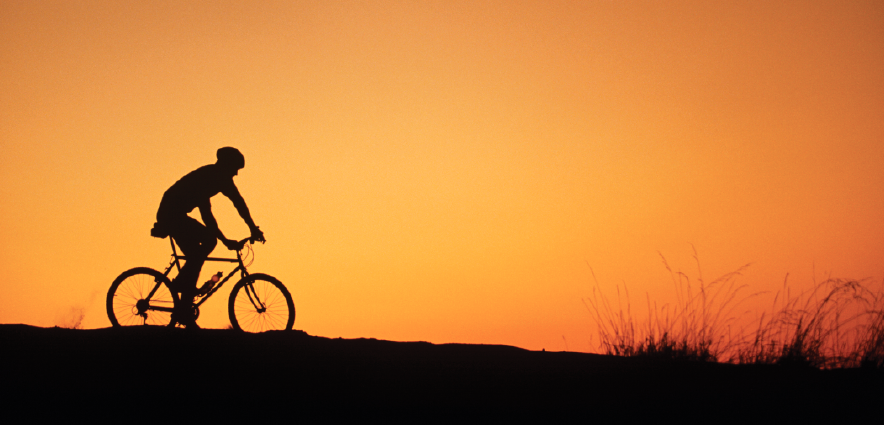By Melissa Wuske
Cross-Country Ride for Homelessness
Spencer Nee rode from the Golden Gate Bridge to the Brooklyn Bridge on his bike. In doing so, he raised $100,000 to fight against homelessness—which affects 3.5 million people, including 1.3 million children. The drive behind Nee’s Bridge to Bridge campaign and his choice of charity, Providence Network in Denver, is quite personal.
“I was in a really terrifying place seven years ago,” Nee said. “I was homeless and drinking about half a gallon of vodka a day. I had lost my relationships with my friends and family and was pretty much completely alone. I had lost all hope. I couldn’t keep a job.”
Then Nee prayed. “It was one of those prayers where I didn’t quite know what to say. It went something like ‘God, if you’re out there, I need some help. I have nowhere else to turn.’” Nee began his recovery by calling his parents; they connected him to the Providence Network. Through his relationship with God and the services provided by Providence Network, Nee is sober.
Now Nee has a mission: “I wanted to go out into various communities—I’ve passed through hundreds of cities now—and talk to people about sobriety and about recovery and about the restoration that can happen through a relationship with Jesus Christ.”
Funding Food for Syrian Refugees
As the crisis in Syria continues, displaced families make treacherous treks for safety and freedom—but there’s also a basic need driving them to nations around the globe: food.
The United Nations’ World Food Program is tasked with meeting the needs of these 4 million people, and others in similar situations. However, the scope of the Syrian plight is putting a strain on the program. The World Food Program estimates it needs more than $7 million this year, but its usual sources of income, like governments, will only contribute about $4 million.
“If we’re unable to do our job because of funding shortfalls, the volume of individuals and families seeking asylum in Europe will increase,” said Jay Aldous, the program’s director of private sector partnerships.
A number of large corporations—including McDonald’s, DreamWorks, MasterCard, Google,
Twitter, United Airlines, and Facebook—are helping the program seek funds by donating television airtime or access to digital media and creating ads to ask individuals to donate. The ads, including one narrated by Liam Neeson, will be see by an estimated 300 million people in 38 countries.
New Constitution Hinders Faith in Nepal
A new Nepalese constitution could worsen conditions for Christians and other people of faith. If ratified the constitution would switch the nation from a secular state to a Hindu state. That would mean that it’s illegal for people to change their religion and share or explain what they believe.
Already Nepal is a difficult place for Christians. Often new Christians are ostracized from their families, and authorities in some areas forbid sharing non-Hindu beliefs: “Maybe in Kathmandu they have laws about religious freedom, but here we have our own laws,” said a local police officer in west Nepal. “You cannot share your beliefs here.”
Got Cash? Read the Fine Print
Most people read the fine print when spending money, but do you also read the fine print on your money? United States paper currency has a number of nearly hidden microprints to distinguish real from counterfeit. For example, the $5 bill repeats the words “five dollars” in the scrolling borders on the right and left edges; a $10 bill says “USA 10” underneath the torch; and the $50 bill says “The United States of America” on President Grant’s collar.
Melissa Wuske is a freelance editor and writer. She and her husband, Shawn, live and minister in Jamaica Plain, Massachusetts. Find her work online (melissaannewuske.com).



Comments: no replies